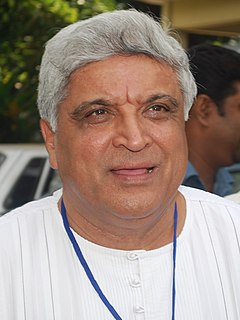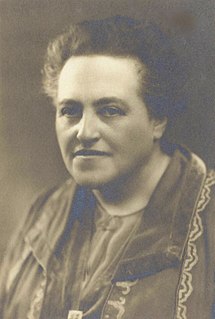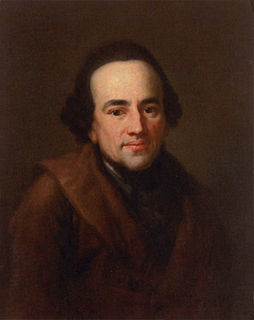A Quote by Mahatma Gandhi
Religion is a matter of the heart. No physical inconvenience can warrant abandonment of one's own religion.
Quote Topics
Related Quotes
The easy confidence with which I know another man's religion is folly teaches me to suspect that my own is also. I would not interfere with any one's religion, either to strengthen it or to weaken it. I am not able to believe one's religion can affect his hereafter one way or the other, no matter what that religion may be. But it may easily be a great comfort to him in this life-hence it is a valuable possession to him.
What our view of the effectiveness of religion in history does at once make evident as to its nature is--first, its necessary distinction; second, its necessary supremacy. These characters though external have been so essential to its fruitfulness, as to justify the statement that without them religion is not religion. A merged religion and a negligible or subordinate religion are no religion.
I've always believed that everything that is said from authority is either the authority of one's own heart, one's own brain, one's own reading, one's own trust, but not the authority of someone who claims it because they're speaking for God and they know the truth because it's written in a book. That, essentially, is where I come from. In a sense, tolerance is my religion. Reason is my religion.
We can reject everything else: religion, ideology, all received wisdom. But we cannot escape the necessity of love and compassion. This, then, is my true religion, my simple faith. In this sense, there is no need for temple or church, for mosque or synagogue, no need for complicated philosophy, doctrine, or dogma. Our own heart, our own mind, is the temple. The doctrine is compassion. Love for others and respect for their rights and dignity, no matter who or what they are: ultimately these are all we need.
The essence of any religion lies solely in the answer to the question: why do I exist, and what is my relationship to the infinite universe that surrounds me? It is impossible for there to be a person with no religion (i.e. without any kind of relationship to the world) as it is for there to be a person without a heart. He may not know that he has a religion, just as a person may not know that he has a heart, but it is no more possible for a person to exist without a religion than without a heart.
In all modern history, interference with science in the supposed interest of religion, no matter how conscientious such interference may have been, has resulted in the direst evils both to religion and to science, and invariably; and, on the other hand, all untrammelled scientific investigation, no matter how dangerous to religion some of its stages may have seemed for the time to be, has invariably resulted in the highest good both of religion and of science.








































